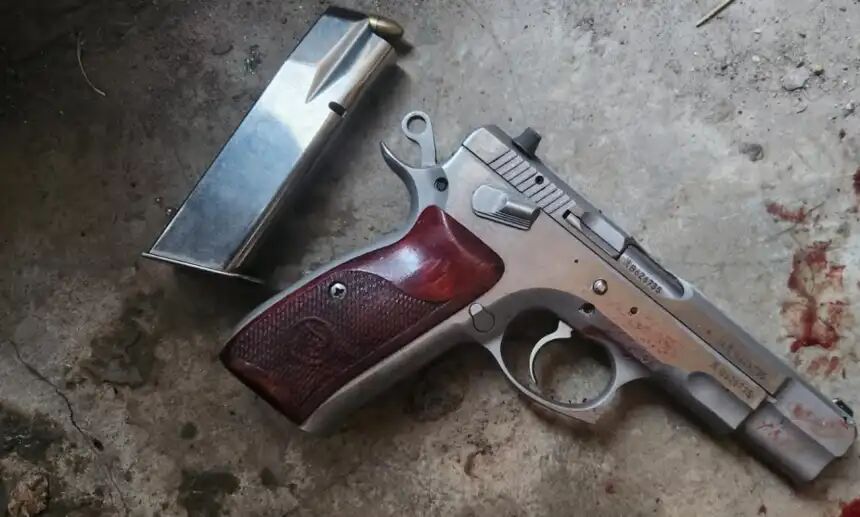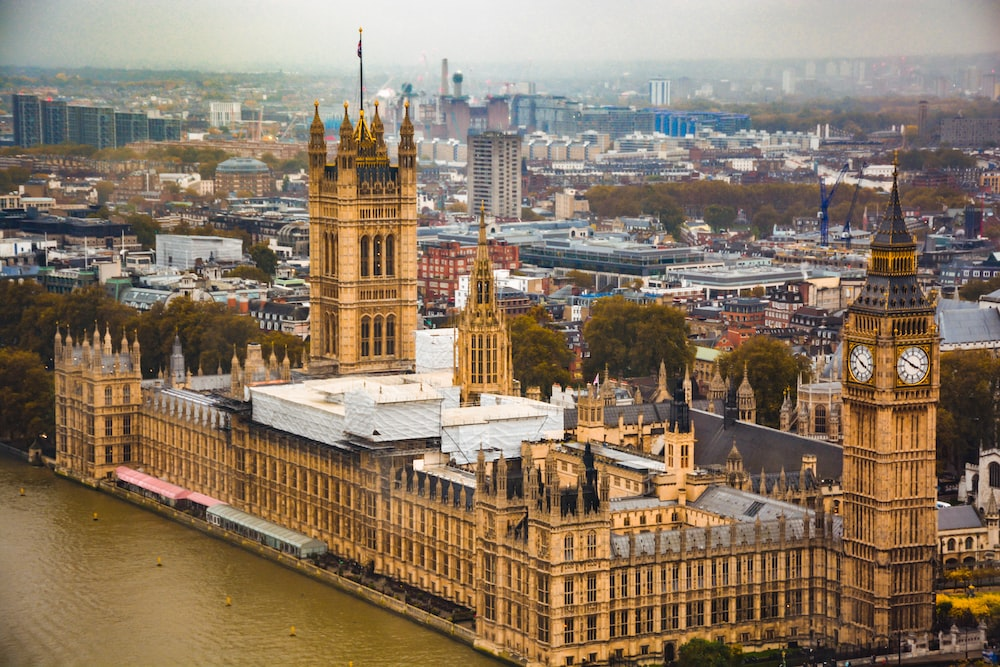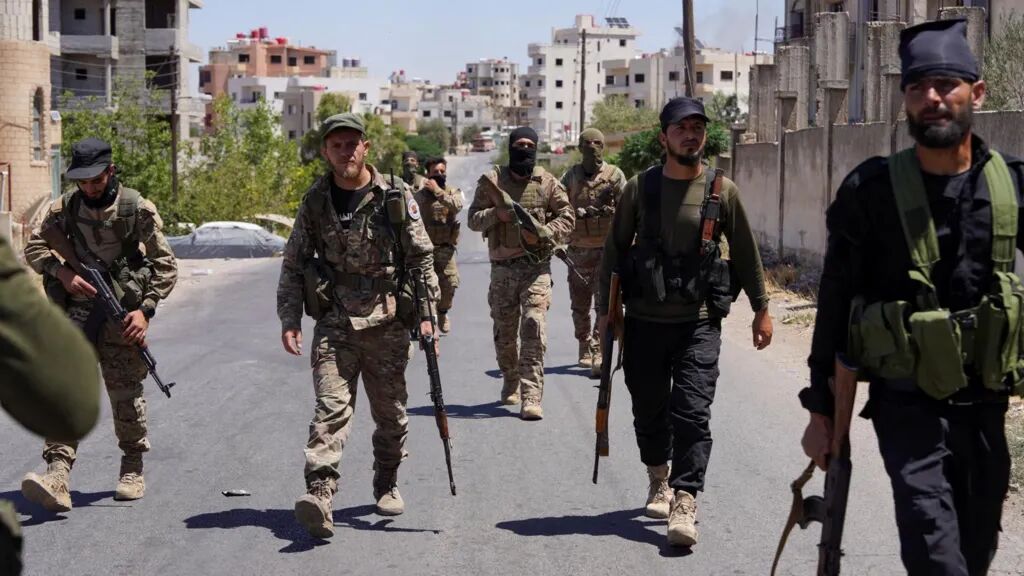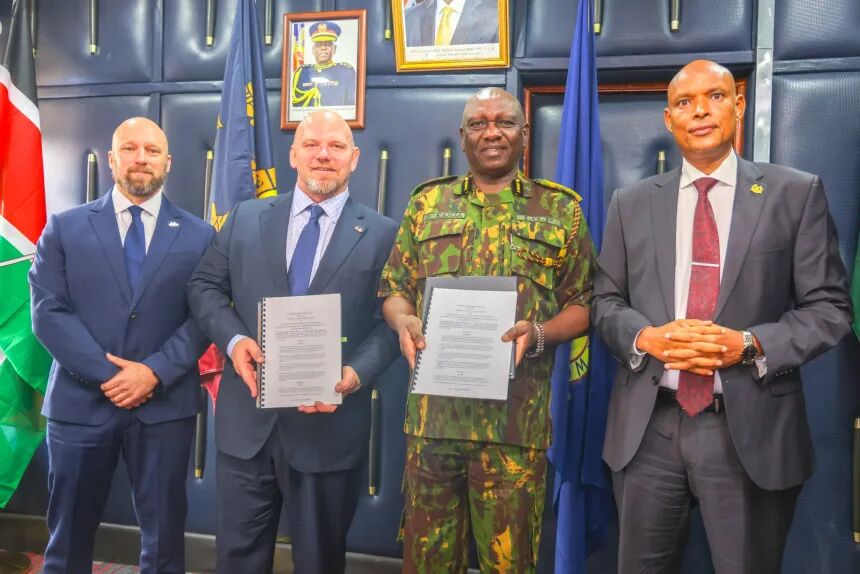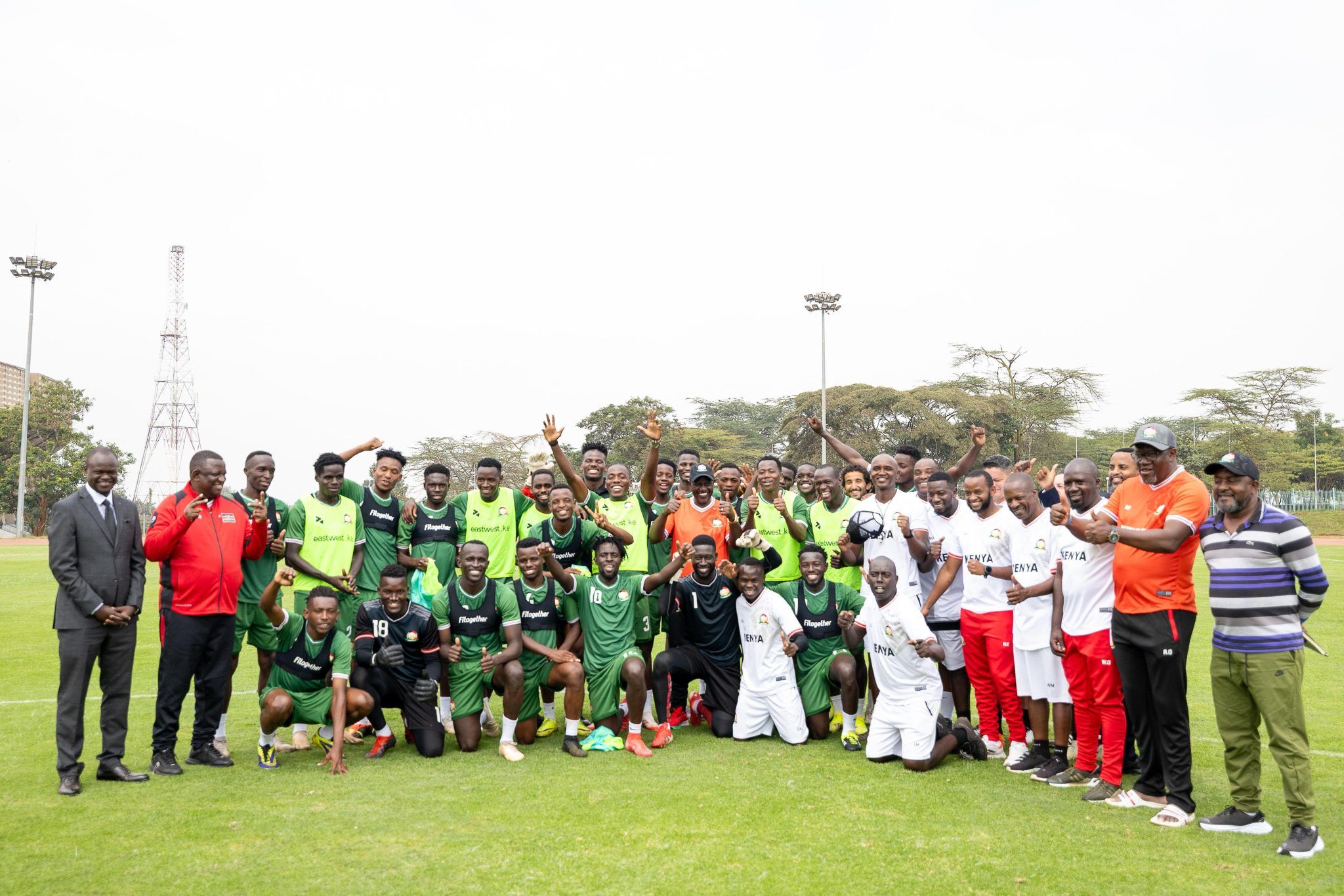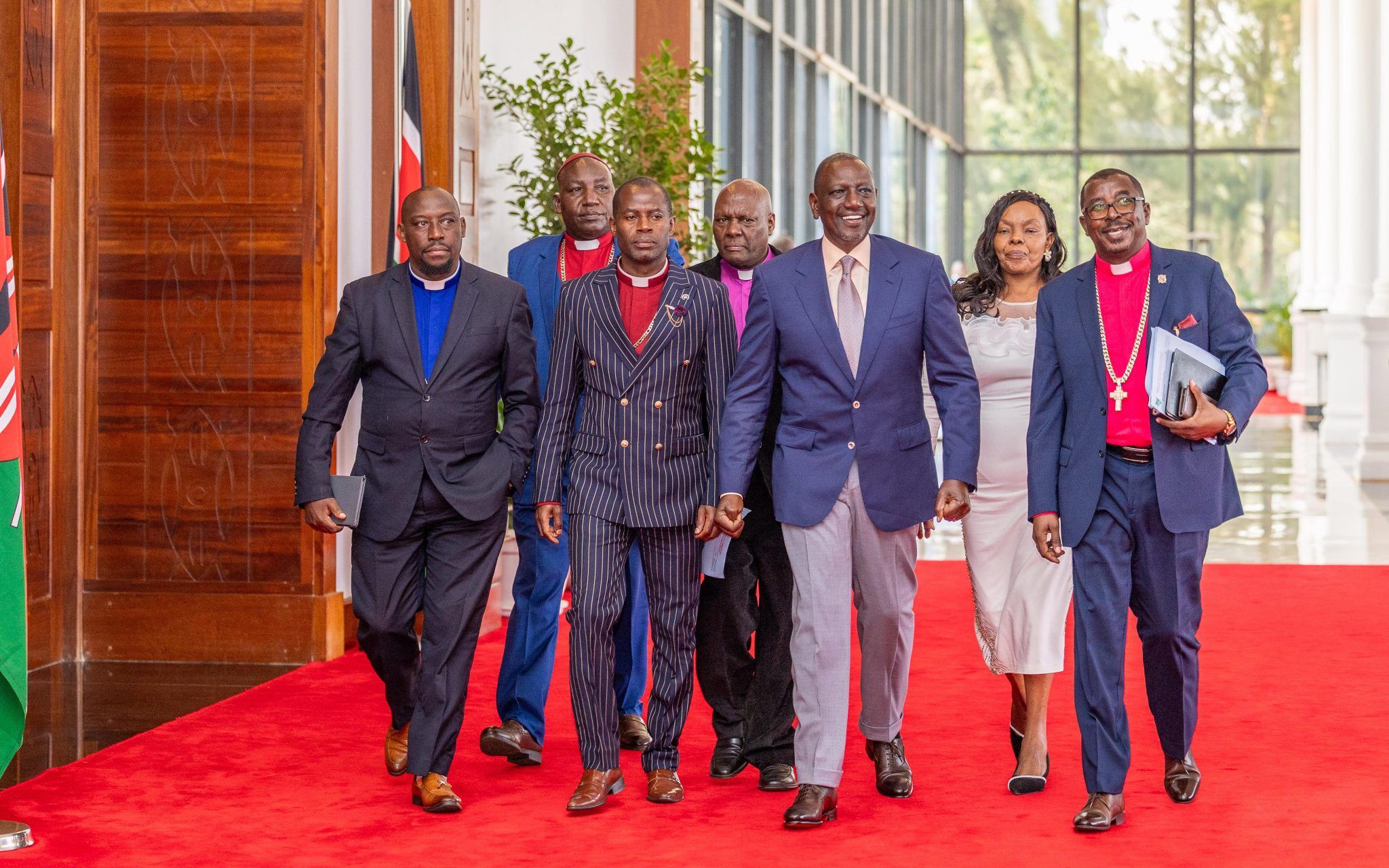Iran Fires Missiles at Israel in Fourth Day of Escalation
TEL AVIV, — Eight people were killed and at least 92 injured across central Israel early Monday after Iran launched a new wave of missile strikes, intensifying a conflict now in its fourth day.

Israeli officials confirmed that missiles struck residential neighborhoods in Tel Aviv and Haifa, as well as government buildings and infrastructure targets. The Israel Defense Forces (IDF) reported intercepting several projectiles, but not all were stopped. Damage was also reported near the U.S. consulate in Tel Aviv. No American personnel were harmed, according to Ambassador Mike Huckabee.

Rescue workers remained at the scene in central Israel throughout the morning, combing through debris for survivors. Magen David Adom, Israel’s emergency service, confirmed that among the dead were two women and two men in their 70s. A 30-year-old woman remains in serious condition.
The latest attacks followed an Israeli strike on Sunday that killed the head of Iran’s armed forces intelligence unit. That strike came two days after Israel carried out coordinated air assaults on Iranian territory, hitting nuclear facilities, military installations, and civilian areas.
The Israeli government maintains the campaign is aimed at halting Iran’s nuclear weapons development. “The issue here is not de-escalation,” Prime Minister Benjamin Netanyahu stated Sunday night. “This is about stopping Iran from acquiring nuclear capability.”
Iran’s health ministry says 224 people have been killed in Israeli strikes since Friday, while the IDF reports 19 Israeli fatalities during the same period. Iran has vowed not to enter ceasefire negotiations while under attack, insisting it has a right to defend itself from what it calls “unprovoked aggression.”
Iranian missiles have increasingly struck deep into Israeli territory. On Monday, explosions rocked Jerusalem and Tel Aviv. In Haifa, home to one of Israel’s largest ports and a major oil refinery, buildings were damaged. Footage from the strikes showed night skies lit up by interceptors and missiles.
Israel’s military claims the recent operation targeted a command hub of Iran’s elite Quds Force in Tehran. Other strikes, according to Israeli sources, hit government offices and energy infrastructure indicating a shift in strategy to weaken Iran’s internal capabilities, not just its external military apparatus.
Meanwhile, the International Atomic Energy Agency (IAEA) has convened an emergency session in Vienna at Iran’s request. The meeting will address the implications of Israel’s strikes on Iranian nuclear sites in Natanz and Fordow. Diplomats say Iran initially sought to pass a resolution condemning the attacks but lacked support. Instead, Iran is now pushing for a broader statement of disapproval.
Military experts warn that the damage to Iran’s nuclear program could take years to repair. Natanz is reported to be heavily hit, while Fordow is described as being in “bad shape,” with uncertainty surrounding Iran’s existing stockpile of enriched uranium.
“There’s concern about whether Iran may have hidden sites capable of producing weapons-grade material,” one former IAEA official said. “If that’s the case, we could be facing a far more serious problem than previously known.”
The White House has urged restraint. President Donald Trump, speaking Sunday, said both nations should pursue a deal. “Calls and meetings are ongoing,” he said. “This can’t go on much longer.”
However, Iran rejected the prospect of talks while its cities are under fire. Israeli Defense Minister Israel Katz warned that Iran’s leadership would “pay the price,” accusing Supreme Leader Ali Khamenei of targeting civilians to derail Israeli operations.
Despite rising casualties, Israeli officials say the strikes will continue. “We are collapsing their capabilities,” Katz added.
As diplomatic channels remain stalled, the pace and intensity of attacks from both sides show no sign of slowing. International observers say the growing humanitarian toll risks pulling neighboring countries into the confrontation.
The conflict remains volatile and far from resolution. The world watches as Israel and Iran exchange deadly strikes with no immediate path to peace.








